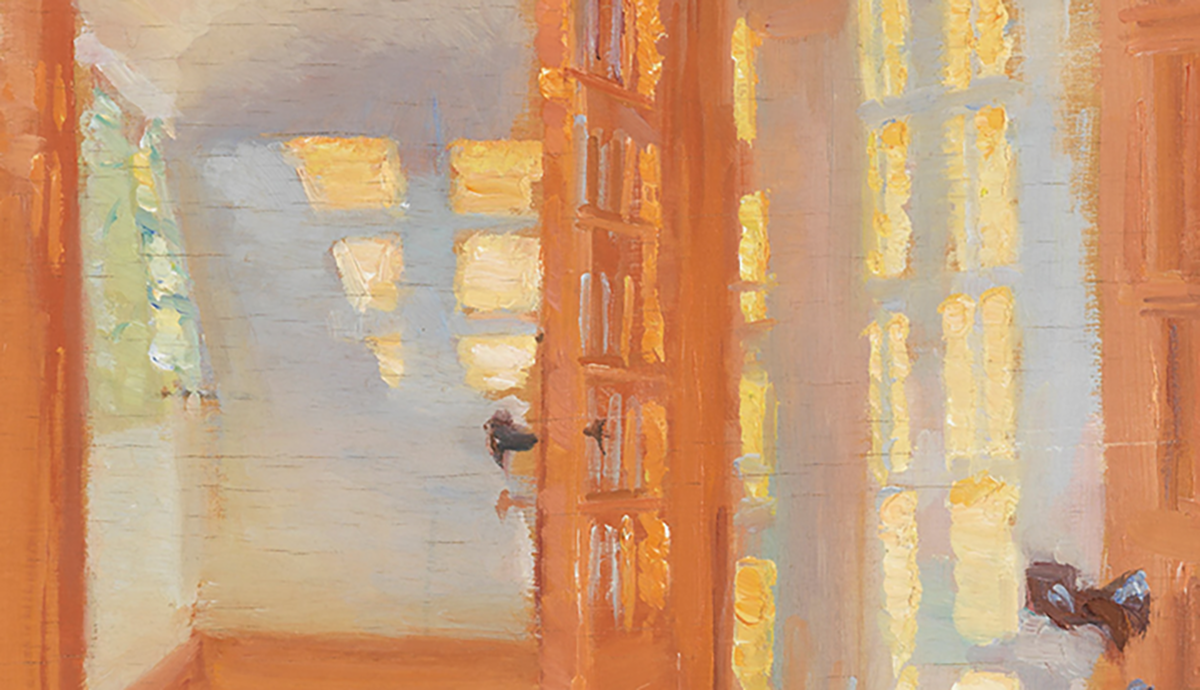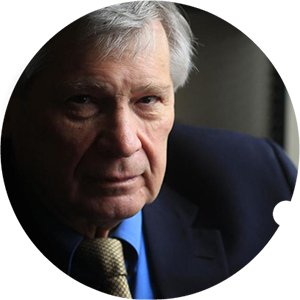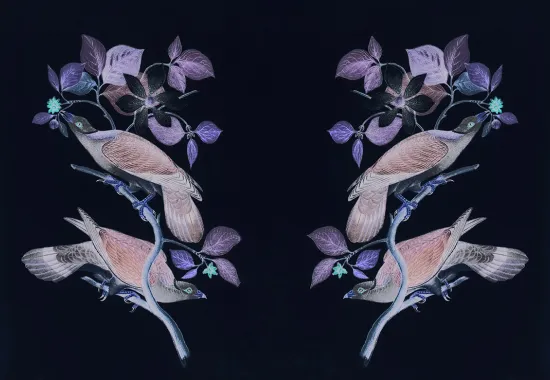Somewhere Once
there was an island, a long island filled
with morning light and the kee kee song of birds.
And on that island dwelt a family.
The father ran a shambling Esso station
and worked there eighty hours week
by week by week, though the mother worked
still harder. The kids (the seven who survived)
learned to read and write and add and in time
even to subtract, each diminishment reached
by slow diminuendo. The hardest thing
was learning how to do without: those extra
shoes and clothes and food and love
and waking to find each other there and safe,
those precious gifts that fold a family into one.
Still, ponder hard enough, you’ll find it was
there somewhere, especially with the mother.
And, count dime for dime, even with the father,
though it was that genetic oy ma you heard him
groaning night after night, that damp bath
towel swathed about his aching head.
A story told you come to learn ad infinitum
and, yes, if truth be told, ad nauseum.
Still, there was a hint of sunlight in the house,
a speckled grace rippling in the oddest moments
throughout those tiny rooms. And with it
flecks of laughter, as with any life, where
time enough is granted: the brothers’ joking
and the sisters’ smiles, if you only paid attention.
Then too soon the youngest one was gone,
a girl left to drift off and then away alone.
And now the oldest, learning how to live
with the stark reality of stage four cancer
as she smiles bravely from her hospital bed
to help us see the warrior she is. And so,
like so many other family tales, the story goes.
And here’s the thing: in time the island too
began to shrink until it disappeared
as the siblings drifted off, north or south
or west, until all at last left the island
they had once called home. Of course
there were family sightings from time
to time, even as the waves crashed
against the beachhead day and night, washing
away the island inch by foot by mile, until
at last it too was gone, taking the mother
first, kee kee, and in time the father too,
leaving in its wake only driftwood memories
and haunted thoughts of what might
have been, if only. But if only what?
Which is how these once-upon-a-time stories
often end, as the glow of all those yesterdays
falters, flickers and finally goes out. And still, still,
we hang on to that feathered thing called hope,
glimpsed in the budding lilacs and green green
grass: a call, a cry, a keen, even a hint of consolation,
kee kee, as once again the mourning son returns.
Recommended
The Shirt
After Hearing David Rothenberg Sang with Birds
Frothing Pink Poodle Droppings






